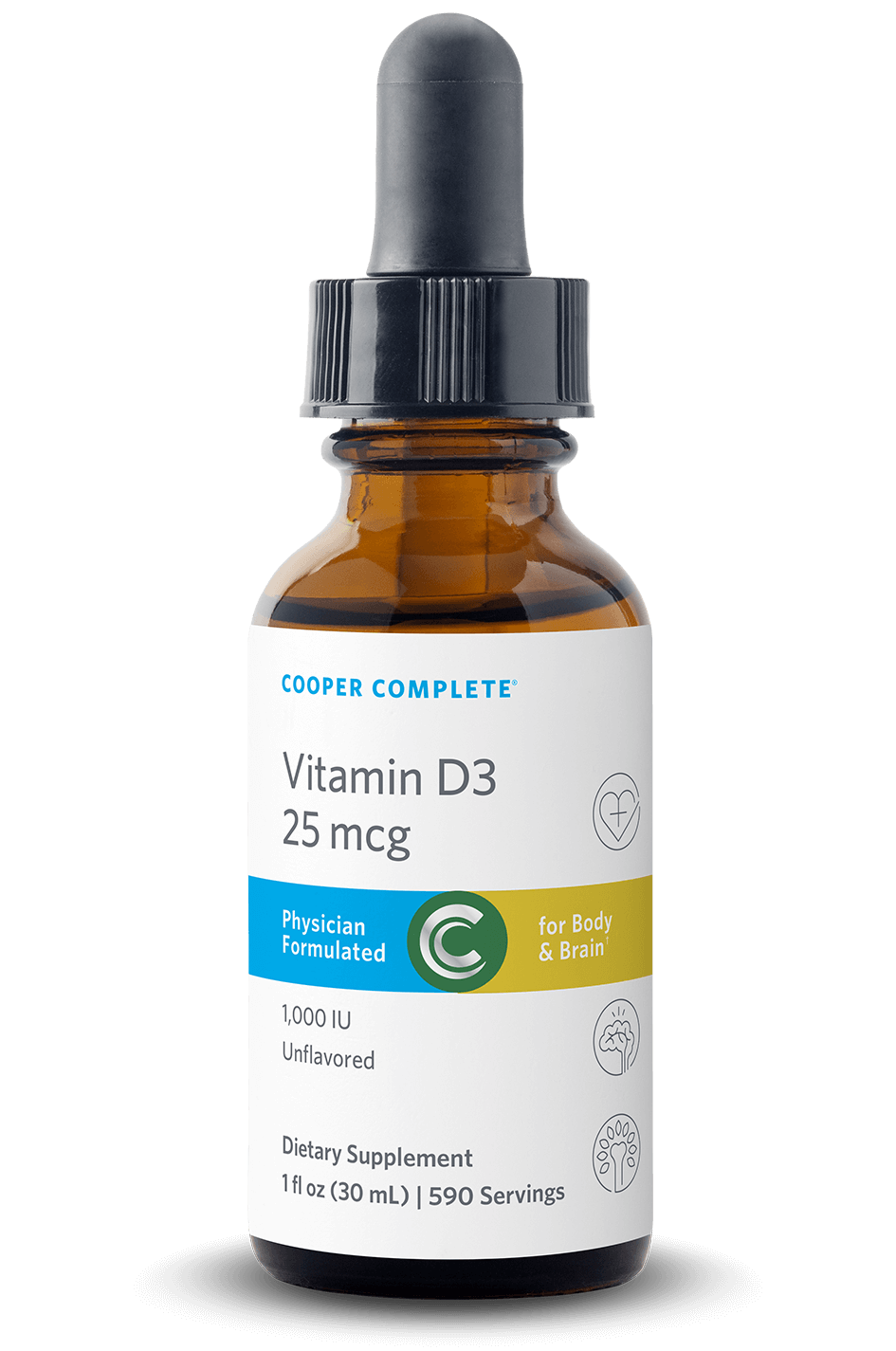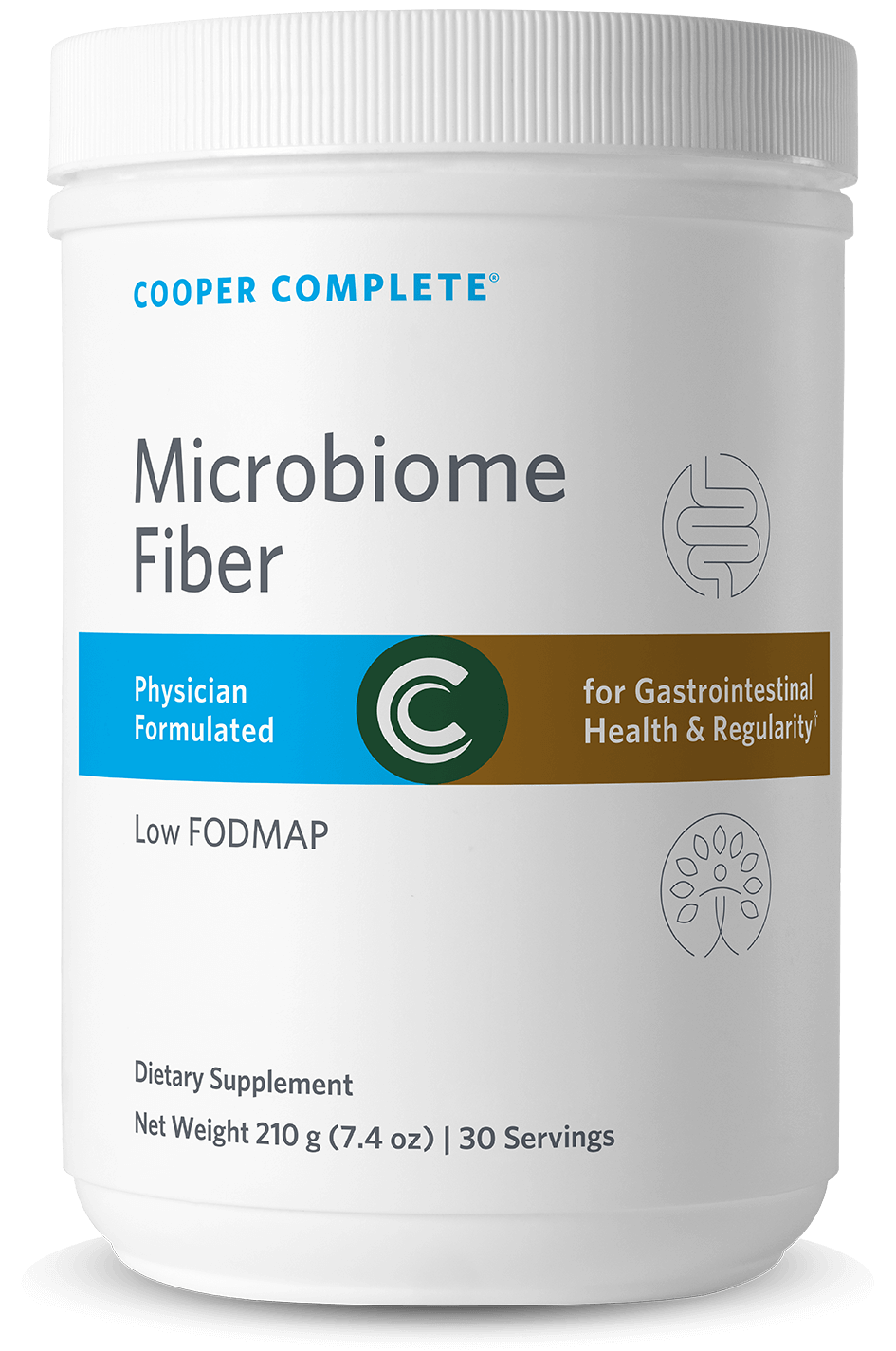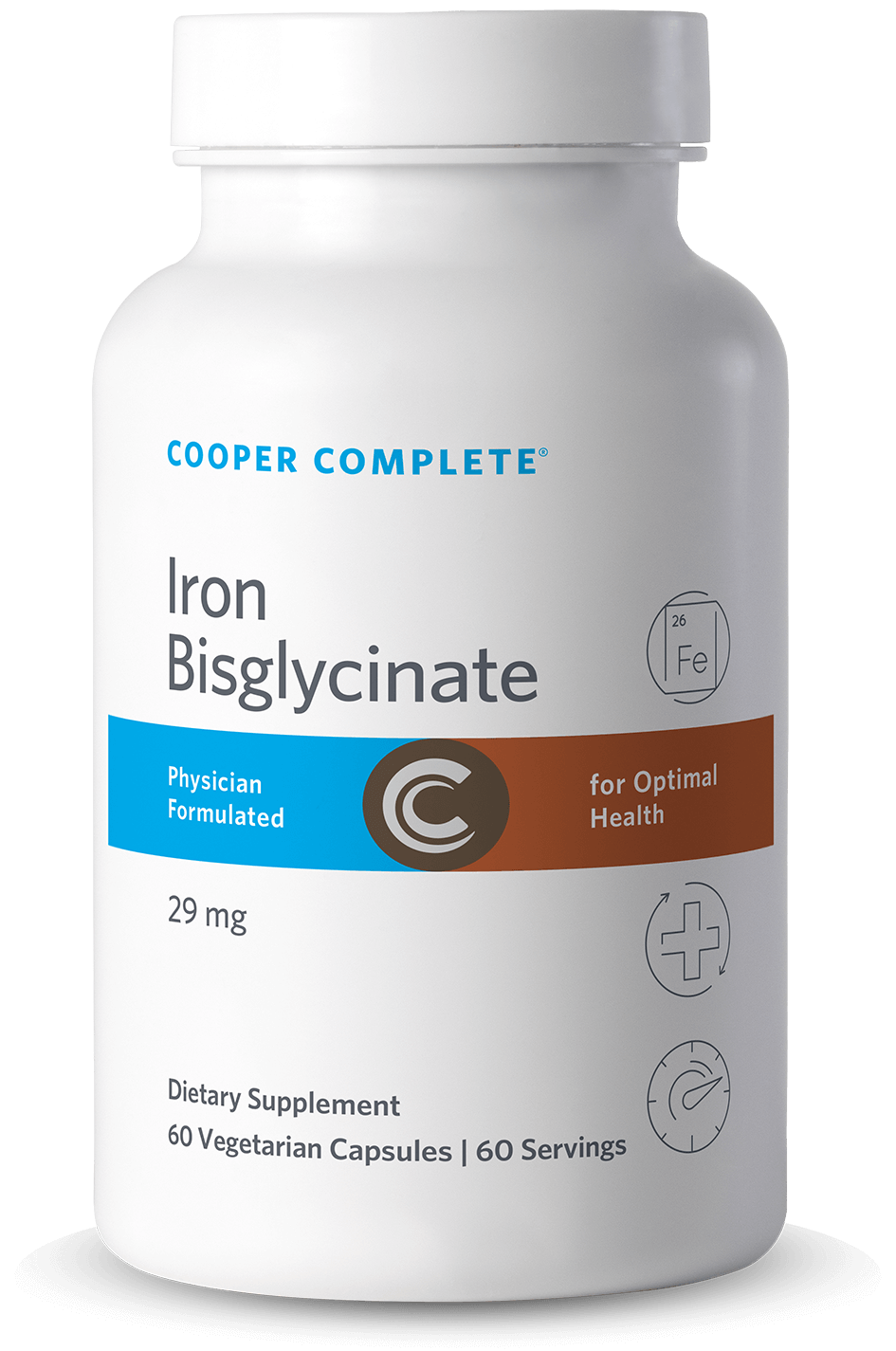Supplements for Celiac Disease

Celiac disease is an autoimmune disease that affects approximately 2 million people in the United States—roughly 1 percent of the country’s population. Occurring primarily in people genetically predisposed to the disease, celiac disease causes the body to produce an immune response to gluten—a protein found in wheat, rye and barley—that attacks the small intestine, preventing nutrients from being absorbed properly.
The incidence of celiac disease has increased steadily over the last few decades—about 7.5 percent each year—and is more common among women. This increase is not just due to improved testing and reporting, but also as a result of changes in the way wheat is processed and the increased use of gluten in medications and packaged foods.
Because it’s hereditary, people having first-degree relatives with the disease (parents, children and siblings) are 10 times more likely to have celiac disease themselves. And, while celiac disease can develop at any age among those consuming gluten, failing to diagnose the disease can lead to serious health problems, including anemia, bone loss, depression and anxiety.
Currently, the only known treatment for celiac disease is strict adherence to a gluten-free diet (GFD) that avoids all foods with wheat, rye and barley. Even small amounts of gluten can trigger intestinal damage when consumed by individuals with celiac disease. And, because gluten-free diets don’t deliver certain nutrients found in the specific grains that trigger its symptoms, those managing their celiac disease through diet can miss those nutrients. Following is a discussion of those at-risk nutrients and how they can be replaced by taking supplements for celiac disease.
Calcium
The damage celiac disease causes to the small intestine, and enzymes that digest lactose can also cause issues with absorption and secondary lactose intolerance. Because of these issues, celiac disease patients may develop a reluctance to consume the minimum recommended amount of calcium in their diets.
More than 50 percent of patients newly diagnosed with celiac disease also have reduced bone mineral density, a primary characteristic of osteoporosis. Moreover, people with celiac disease have higher rates of osteoporosis than the rest of the population.
Individuals can help ensure optimal bone health through calcium supplements for celiac disease. Cooper Complete Calcium Citrate is a form of calcium that provides superior absorption and is recommended to be taken daily, along with a multivitamin like Cooper Complete Basic One, a custom formulation containing 16 essential vitamins and nutrients.

Vitamin D3 25 mcg (1000 IU) Liquid Drops
Vitamin D3 Liquid Drops are designed for individuals who don't get enough vitamin D from sunlight or diet and prefer a non-pill, liquid vitamin. Each small, one-ounce bottle provides almost 600 drops of 1000 IU (25 mcg) of vitamin D3.
$25.98 Add to cartVitamin D
Research shows vitamin D deficiency is also common among individuals with celiac disease, both when initially diagnosed and after following a strict gluten-free diet. Also common in the general population, vitamin D deficiency occurs in 64 percent of men and 71 percent of women with celiac disease due to malabsorption issues associated with the disease, as well as inadequate intake due to dietary restrictions.
Because the body needs adequate levels of vitamin D to absorb calcium, deficiencies of both nutrients can result in poor bone health and osteoporosis, common among celiac disease patients. Since vitamin D deficiency typically presents no noticeable symptoms, it’s important for patients to regularly test for vitamin D levels and add supplements for celiac disease to the diet as needed.
Vitamin D is found in fortified orange juice, dairy and plant milks, and some vitamin D is naturally occurring in sardines, tuna, swordfish and beef liver. Cooper Complete offers several formulations of vitamin D, including Vitamin D3 25 mcg (1,000 IU), Vitamin D3 125 mcg (5,000 IU), and Vitamin D3 Liquid Drops 25 mcg (1,000 IU).

Microbiome Fiber Supplement
Cooper Complete® Daily Prebiotic Microbiome Fiber supplement contains 6 grams of tasteless and gritless soluble fiber and is low FODMAP to support gastrointestinal health and regularity.†
$30.48 Add to cartFiber
Celiac disease patients frequently report abdominal pain and constipation—either when they’re diagnosed or once they begin a gluten-free diet. Because gluten is found in grains contributing significant levels of fiber to the diet, patients on a strict gluten-free diet may require a supplemental source of fiber to ensure optimal gastrointestinal health.
Most studies reviewing fiber intake in those following a gluten-free diet find lower fiber intake, which is often linked to a higher likelihood of constipation. Increasing fiber intake through the consumption of fiber-rich plant foods and whole grains not associated with gluten—or supplements for celiac disease—could help improve inflammation and reduce abdominal pain and constipation.
Cooper Complete Microbiome Fiber is a daily prebiotic microbiome fiber containing 5.6 grams of soluble fiber per serving, including 6 mg of guar gum fiber, and is low FODMAP. (FODMAP: Fermentable Oligosaccharides, Disaccharides, Monosaccharides and Polyols, short-chain carbohydrates that are challenging to digest.) Odorless, tasteless and gritless, this supplement is not temperature-sensitive, so it can be mixed with hot or cold beverages and foods.
Folic acid
Folic acid—the fully oxidized form of folate (vitamin B9)—is used to fortify packaged breads and crackers in the United States. Unfortunately, these are foods people with celiac disease cannot eat. While it’s become more common for gluten-free foods to be fortified with folate, it’s important to make sure there’s adequate folate intake in the diet. In addition, people with malabsorptive disorders may absorb folate less easily than others.
Folate is a B vitamin essential for converting carbohydrates into energy as well as production of DNA, RNA and red and white blood cells in bone marrow. Food sources for folate include dark leafy greens, beans, fruits, peanuts, sunflower seeds and beef liver. Folate deficiency, often occurring along with deficiencies of B12 or iron, can result in muscle weakness, cognitive difficulties, fatigue, vision problems and depression.
Individuals with gastrointestinal diseases are at risk of folate deficiency and may consider supplements for celiac disease. Cooper Complete Methyl Folate is the naturally occurring L-5-MTHF methylated form of folate for support of heart, brain, mood and overall health.

Iron Bisglycinate Supplement 29 mg
Iron Bisglycinate Supplement contains 29 mg of gentle and highly absorbable Ferrochel® (a patented chelated iron in the form of iron bisglycinate) intentionally designed to avoid gastric upset or constipation.
$16.98 Add to cartIron
A common symptom affecting as many as 40 percent of celiac patients, iron deficiency—or anemia—puts people with celiac disease at increased risk due to malabsorption of iron. While some patients are able to resolve their anemia by following a gluten-free diet, iron supplementation may be necessary for others.
Iron is an essential mineral needed to produce hemoglobin, the protein in red blood cells that distributes oxygen from the lungs throughout the body. Iron is also essential for muscle health and the production of hormones. Because it supports red blood cell production and the repair of damaged tissue and cells, iron helps improve immune response.
Cooper Complete Iron Bisglycinate contains 29 mg of highly absorbable Ferrochel®, a patented chelated iron in the form of iron bisglycinate intentionally designed to avoid gastric upset or constipation. Cooper Complete multivitamins with iron also contain 18 mg of iron per daily serving.
Magnesium
Magnesium is an essential mineral that supports nerve and muscle function, bone and protein production and may also reduce stress and improve quality of sleep. But the body cannot produce magnesium—it must come from diet or supplementation.
For individuals with celiac disease, cell damage in the intestines caused by gluten reduces the production of enzymes that help break down foods and aid nutrient absorption. This causes most of the symptoms they experience, including muscle spasms, bone loss, elevated cholesterol and vasal constriction, which can also lead to high blood pressure.
In addition to celiac disease, several other factors can induce loss of magnesium, including chronic stress, high intake of refined carbohydrates and use of diuretics such as blood pressure medications, caffeine and alcohol. Ironically, some of the medications prescribed to address the symptoms of celiac disease can actually contribute to magnesium deficiency.
Cooper Complete Magnesium Glycinate supplement contains 120 mg of magnesium glycinate per capsule, including glycine, an amino acid with antioxidant properties that helps support mental health. Cooper Complete Original multivitamins contain 660 mg of magnesium per serving, while Basic One Daily multivitamins contain 200 mg of magnesium per serving.
Vitamin B12
Vitamin B12 is another nutrient deficiency common among celiac disease patients due to the malabsorption issues associated with the disease. A review of 73 studies completed in 2019 show vitamin B12 deficiency in 30 percent of subjects on strict gluten-free diets for more than two years.
B12 is a vitamin essential for production of red blood cells, DNA and genetic material found in all cells of the human body. Left untreated, vitamin B12 deficiency can result in physical conditions including anemia, neurological problems with vision and memory, depression and behavioral problems.
Researchers concluded that after conducting blood work to determine the appropriate level of supplementation needed, supplements might be the correct way to treat deficiencies that persist after dietary compliance. Vitamin B12 can be found in Cooper Complete B-12 (1,000 mcg), Cooper Complete Advanced B Complex (500 mcg), as well as both Cooper Complete Basic One and Original Multivitamins (400 mcg in each).
Vitamin B6
Anxiety, depression and other mood disorders are often associated with celiac disease, as is vitamin B6 deficiency. B vitamins play an important role in producing chemicals in the brain that affect mood and other brain functions. B6 is a nutrient essential for creating neurotransmitters that regulate emotion, including serotonin and dopamine.
Studies have shown vitamin B6 may contribute to decreased levels of the amino acid homocysteine, which has been associated with depression and Alzheimer’s disease. Cooper Complete Advanced B Complex contains 50 mg of vitamin B6. Cooper Complete Basic One and Original Multivitamins each contain 10 mg of B6, well above the recommended daily value.
Zinc
Approximately 50 percent of people newly diagnosed with celiac disease have a zinc deficiency or inadequacy due to malabsorption issues associated with the disease. Studies show zinc deficiencies may also persist, with 40 percent of patients being zinc deficient after two years or longer on a strict gluten-free diet.
Present in every cell of the body, zinc is not produced nor stored in the body but is an essential nutrient found in a variety of plant and animal foods. Zinc supports healthy immune function and wound healing, helps decrease inflammation and is needed to produce proteins and DNA.
Cooper Complete Zinc Supplement contains 25 mg of zinc, while Cooper Complete Basic One and Original Multivitamins each contain 15 mg of zinc, all exceeding the recommended daily intake for consumers of all ages, genders and stages of life.
It’s always important to consult your physician before adding any new supplement to your regimen. Your physician understands your health profile best, so talk with them about which supplements for celiac disease are best for you.
